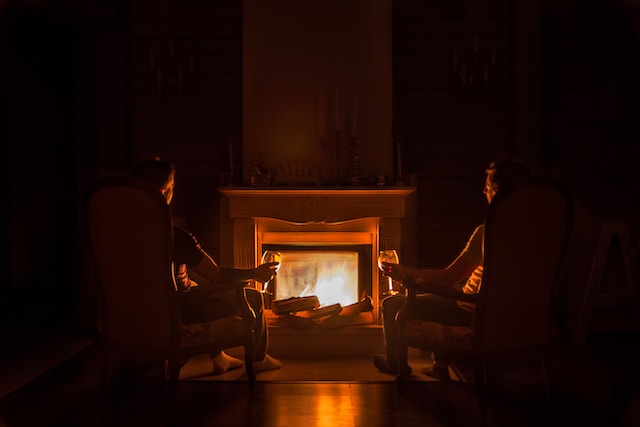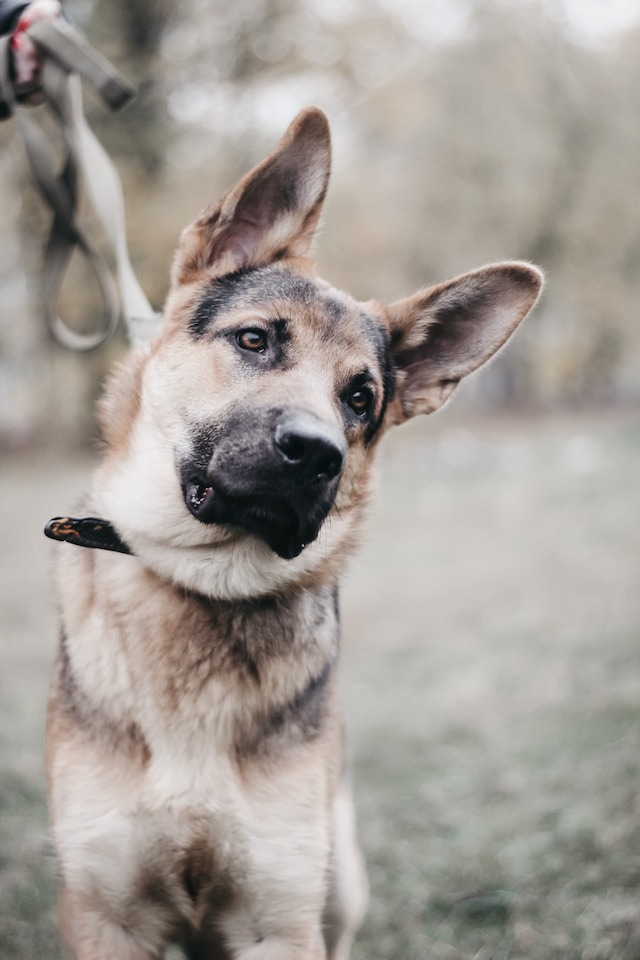Whether you are a first-time or experienced shooter, knowing how to hold handgun Madison Heights, MI, to protect yourself safely is important. This article will provide you with a basic guide to handling a firearm. In addition, you will learn the rules for the safe and proper handling of a firearm and how to maintain your firearm properly.
Proper Maintenance of Firearms
Whether you use your firearms for hunting or self-defense, you must understand the importance of proper maintenance. This can prevent your firearms from malfunctioning and help you maintain a safe gun handling practice.
The most important aspect of firearm maintenance is cleaning and lubricating the gun parts. Failure to do so can result in the buildup of excess fouling and other metal particles, which can interfere with the proper operation of the action. This fouling can cause unsafe malfunctions and irreversible damage to the gun.
Maintaining a gun can be a simple process. Just be sure to follow the manufacturer’s instructions. Unfortunately, the manufacturer’s instructions are often packaged with the firearm.
Before cleaning, ensure the gun is unloaded, and the barrel is pointed away from you. Using a lint-free cloth, clean the gun’s exterior. Lubricate the firearm with a small amount of oil only where necessary.
Handling a Firearm Safely
You should know how to handle your firearms properly, whether a new shooter or an experienced gun enthusiast. This guide will provide a few important tips that will help keep you and your firearms safe.
The first step is to familiarize yourself with the characteristics of your firearm. Once you have acquired the knowledge, it is important to use it consistently. This includes ensuring you know the safest way to handle your firearm and how to store it.
In addition to following these tips, you should also read the manual for your firearm. You may also want to enroll in a firearm training course. You can also contact the manufacturer for a free copy.
Another important tip to follow is to keep the muzzle of your firearm pointed in a safe direction. This will ensure that your bullet won’t injure or kill anyone. It also prevents your firearm from accidentally firing.
Buying a Gun
Buying a gun for personal protection can be an exciting experience. But it’s important to know how to buy one correctly. There are many things to consider before you buy. You can get the best gun by looking into its features, price, and safety.
A gun is an investment, and you want to ensure you buy the best one for your needs. So first, make sure you know the laws in your state and municipality, so you know what you are doing. Then you can shop around for the best price.
It would be best if you also bought a gun safe to store your gun. Many gun safes have different models. Make sure the safe has a quick-opening fingerprint lock. Also, consider getting a hard-plastic case to protect your firearm.
You should also learn about the different types of firearms. For example, if you are purchasing a handgun, you should consider a self-defense model, which typically has streamlined controls, high capacity, and good concealability.
Excessive Use of Force
Whether it is a private or public situation, basic rules govern the use of force. However, there are also different degrees of force that may be used to resolve a situation. This is referred to as the continuum of force.
The first level of force is non-lethal and incapacitating. This is usually used to control a situation and deter criminal activity. However, some people may also be allowed to use lethal force. This is only possible when it is necessary to protect another person’s life. However, this can only be done after attempting other levels of force first.
Using lethal force must be intentional. This means that the person attempting to use deadly force must not be a continuing aggressor and must have used other forms of force first. The person may also be required to reduce the loss of life. These rules apply to both law enforcement officials and citizens.

 Revamping Your Bathroom Space: The Journey to Selecting the Perfect Cabinets
Revamping Your Bathroom Space: The Journey to Selecting the Perfect Cabinets  Strengthening Your Team: The Role of Background Checks in Modern Hiring Practices
Strengthening Your Team: The Role of Background Checks in Modern Hiring Practices  Keeping Your Hearth in Top Shape: The Value of Routine Fireplace Repair
Keeping Your Hearth in Top Shape: The Value of Routine Fireplace Repair  Septic Systems: Maintenance Tips for Homeowners
Septic Systems: Maintenance Tips for Homeowners 


